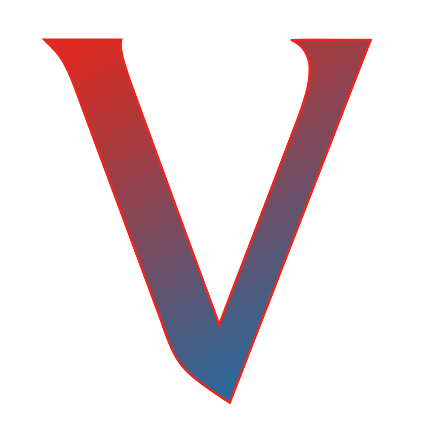Reversible Computation (RC)
July 3 - July 4, 2025, Odense, Denmark
Invited Talks
Chris Heunen
Professor of Quantum Programming at University of Edinburgh.
Free Quantum Computing
Quantum computing improves substantially on known classical algorithms for various important problems, but the nature of the relationship between quantum and classical computing is not yet fully understood. This relationship can be clarified by free models, that add to classical computing just enough physical principles to represent quantum computing and no more. I will discuss an axiomatisation of quantum computing that replaces the standard continuous postulates with a small number of discrete equations, as well as a free model that replaces the standard linear-algebraic model with a category-theoretical one. The axioms and model are based on reversible classical computing, and isolate quantum advantage in the ability to take certain well-behaved square roots. The free model may be interpreted as a programming language for quantum computers, that has the same expressivity and computational universality as the standard model, but additionally allows automated verification and reasoning.
Jørgen Ellegaard Andersen
Professor and Director of the Centre for Quantum Mathematics at the University of Southern Denmark
Replacing Monte Carlo Simulation with Gaussian Boson Sampling
Gaussian Boson Sampling (GBS) is a special purpose quantum computing platform, which can only sample in a certain probability distribution, similarly to Boson Sampling, which was first proposed by Aronson and Arkhipov and proven to impossible on a classical computer (unless the polynomial hierarchy collapses). Hamilton and coauthors subsequently showed the same for GBS. We will offer a new practical application of GBS, namely, to estimate Gaussian Expectation Value problems, for which we have established provable exponential speedup over Monte Carlo Simulations under certain assumptions. Computing Gaussian Expectation Values has a number of industrial applications including financial, and various optimization problems, including energy production, drug design and logistics. We will address its advantage, even if our assumptions for exponential speedup does not apply.
Abstract submission:
February 21st, 2025 AOE
Submission deadline:
February 28th, 2025 AOE
Notification to authors:
April 11th, 2025 AOE
Final version:
May 1st, 2025 AOE
Conference:
July 3rd - July 4th, 2025
Robin Kaarsgaard
University of Southern Denmark
Odense, Denmark
